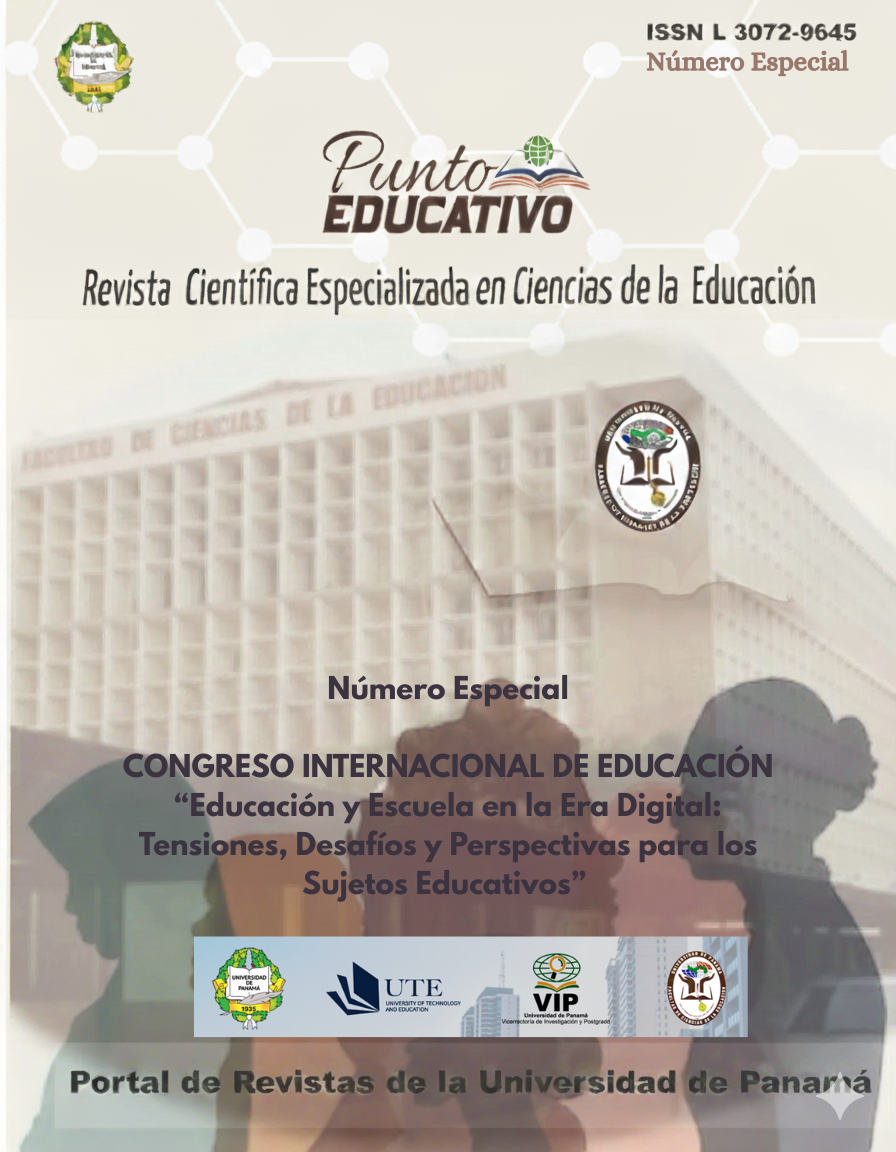

Copyright (c) 2025 Punto educativo

This work is licensed under a Creative Commons Attribution-NonCommercial-ShareAlike 4.0 International License.
This research project, titled Integration of the four pillars of Knowledge an Simulated Experiences in Junior High School Students at the Juan José Rondón School in Soatá, Boyacá, Colombia: A Theoretical Proposal, leads the following research question: How can the four pillars of Knowledge be integrated through simulated classroom experiences to improve the teaching-learning process in Junior school students at the Juan José Rondón School in Soatá, Boyacá, Colombia? The main objective is to propose an eclectic theory that integrates the four types of knowledge: knowing, doing, being, and coexisting, through simulated experiences in the classroom for junior high students at the Juan José Rondón School. To achieve this objective, the three specific goals are: to design, construct, and operationalize an eclectic theory that incorporates these types of knowledge. This research is based on the socio-critical paradigm, with a qualitative approach, of an exploratory and descriptive nature, and follows the methodology of participatory action research.